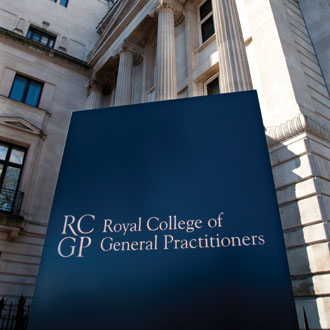800,000 patients in Wales will find it difficult to get appointments, RCGP warns

The number of patients in Wales who will find it difficult to get a ‘convenient’ GP appointment could jump to a massive 800,000 by 2017, the RCGP has warned.
According to the RCGP, more than 650,000 people found it difficult to get a GP appointment last year and the problem is poised to get worse because of falling investment in general practice, problems with GP recruitment and retention and the increasing number of older people who need complex care.
The RCGP said the new figures reinforce the dire impact of the falling level of investment in general practice, with family doctors and practice nurses now carrying out 90% of patient contacts for just 7.77% of the NHS budget in Wales – down from 8.76% in 2005/06.
RCGP Wales chair Dr Paul Myres said: ‘Patients shouldn’t face a battle to get an appointment at their local GP surgery, and practices are trying their utmost to cope with the demand. But GPs across Wales are telling us they don’t have the resources to cope with the increasing number of older people who need complex care, whilst also meeting the needs of families and people of working age.’
The problem of retention and recruitment is particularly acute in North Wales as 23% of GPs are over 55 years of age. In Cwm Taf it is as high as 31%.
‘When these doctors retire we have no-one to replace them. Who is going to care for our population?’ added Myres.
A Welsh Government spokesperson said: ‘Making it easier for working people to get an appointment at a time convenient to them is something we set out as a key commitment of this government. The most recent figures show we are continuing to deliver on this commitment.’
The spokesman pointed out that since 2003 the investment in general practice has increased by £147m from £322m in 2003-04 to £469m in 2012-13. Overall GP numbers have also increased by 11.2% between 2003 and 2013, resulting in the number of patients per practitioner falling by 5.4% over the same period, he added.
‘Where there are recruitment issues that need to be resolved, health boards are working with the profession to develop innovative ways of providing primary care services in future.’









